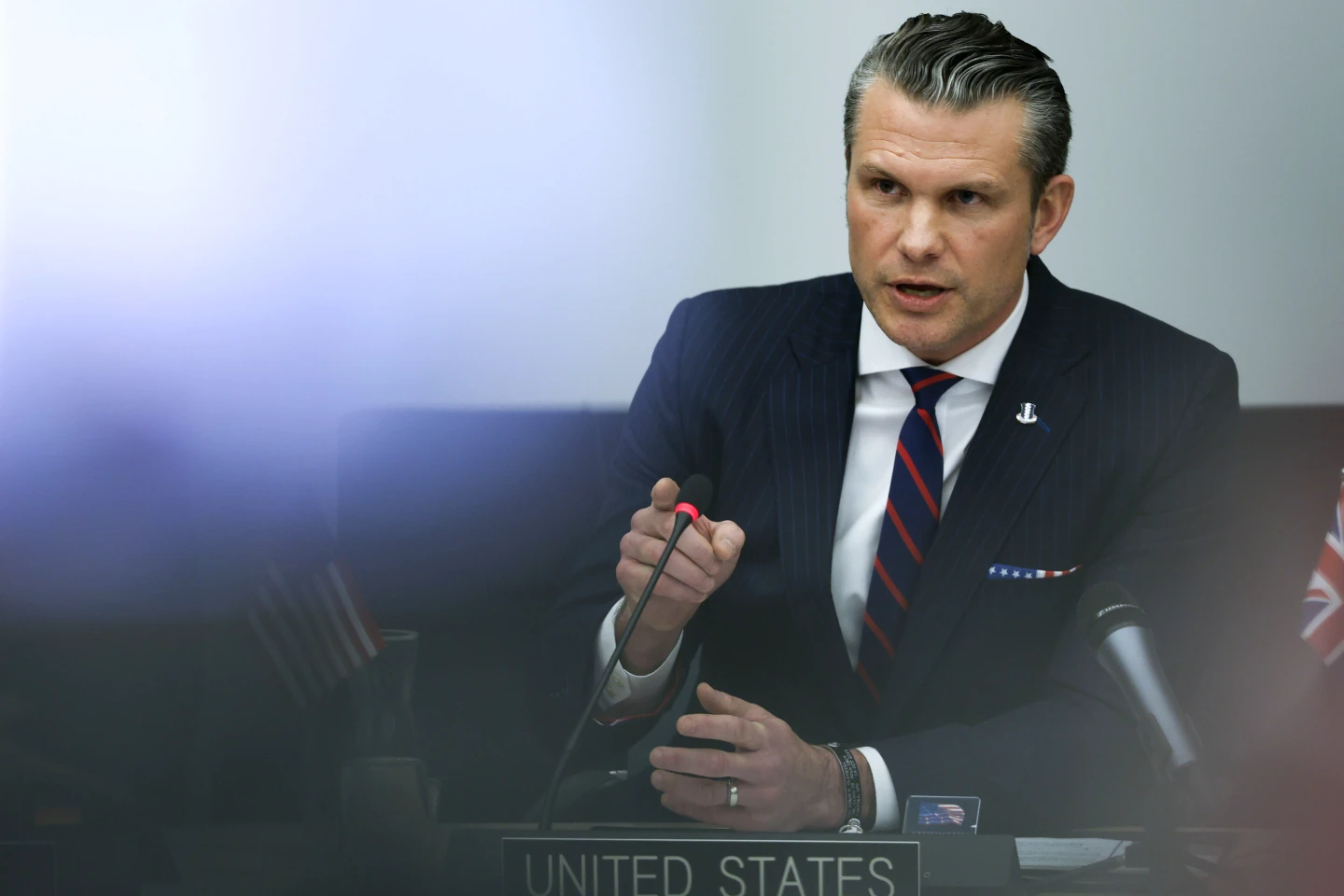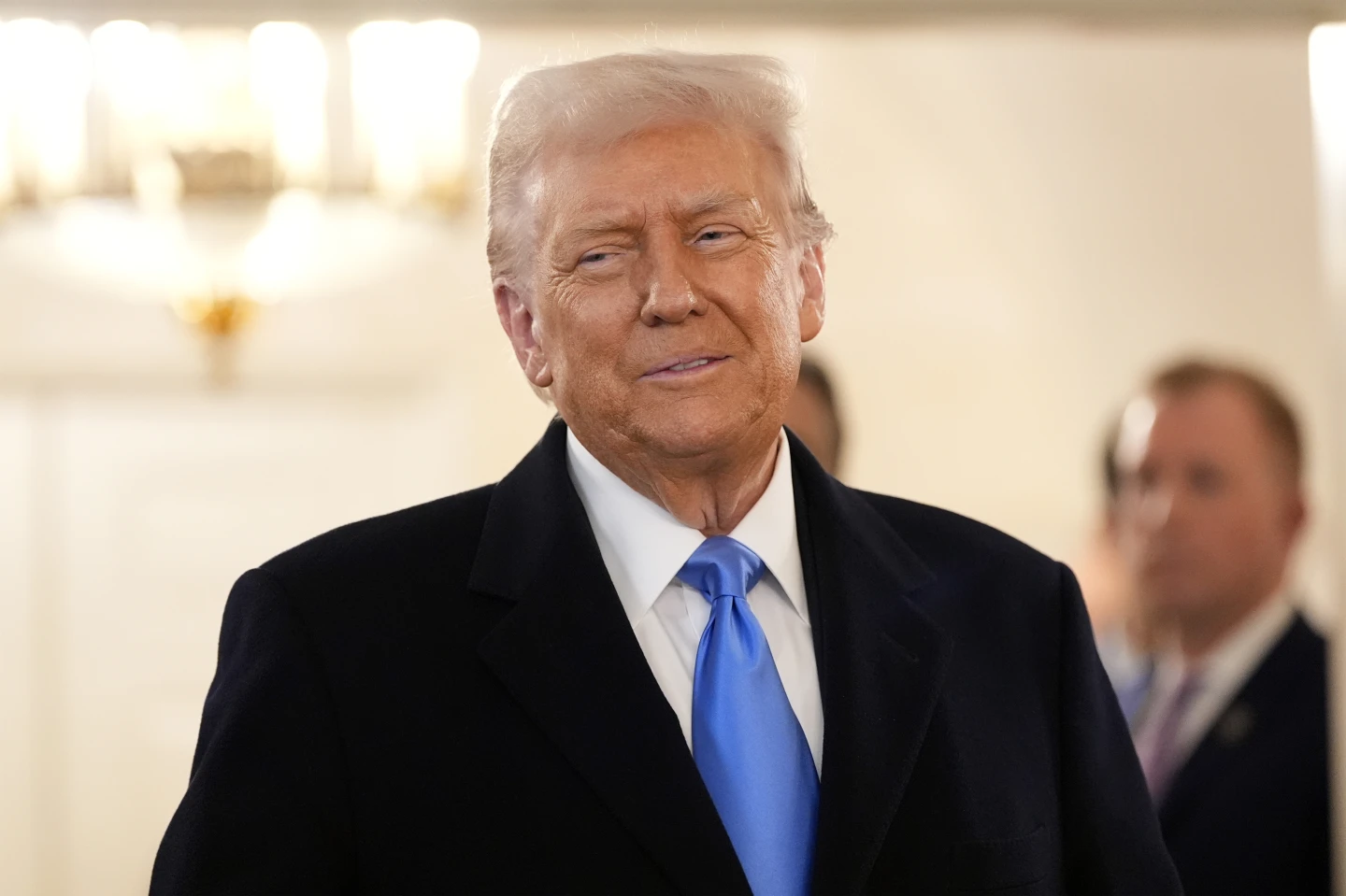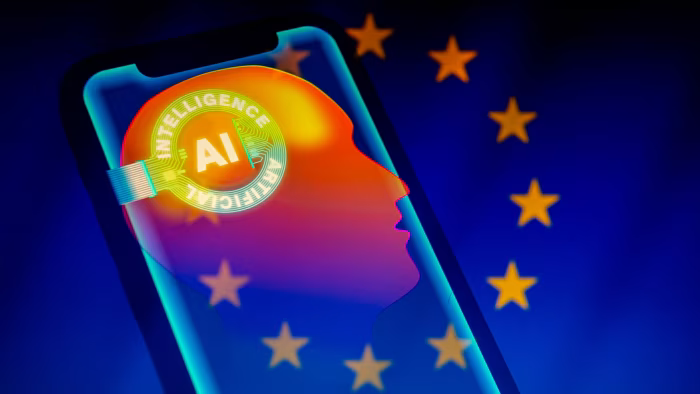The European Union is moving forward with enforcing its landmark AI Act, despite vocal warnings from US President Donald Trump, who has cautioned against targeting American tech giants, the Financial Times reports.
The latest guidance from Brussels is set to outline banned uses of artificial intelligence, marking a significant step in the bloc’s efforts to regulate the rapidly evolving technology.
The AI Act, passed in 2023, is recognized as the world’s most extensive regulatory framework for AI. It includes provisions that ban specific applications, such as using web-scraped data for facial recognition databases. Enforcement of these rules began on Sunday, with further provisions for large-scale AI models and high-risk AI-powered products, such as those in healthcare, slated to roll out gradually through 2027.
Brussels is poised to release detailed guidance on Tuesday, offering companies a clearer roadmap for compliance. The EU Commission’s ambition to position Europe as a leader in “trustworthy AI” has sparked tension with tech firms and drawn sharp criticism from the White House.
President Trump has warned of potential retaliation against the EU for imposing what he perceives as “a form of taxation” on American companies. Speaking at the World Economic Forum in Davos, Trump expressed concerns over Europe’s stringent approach to digital regulation.
Trump’s administration has taken a more deregulatory stance on AI development, with the president recently announcing a $500 billion AI infrastructure project led by SoftBank and OpenAI. His executive orders have eliminated several guardrails surrounding AI development, underscoring his administration’s focus on innovation over regulation.
US tech giants, including Meta and Google, have long opposed the AI Act’s transparency requirements, which mandate access to AI model code for third-party risk assessments. Industry leaders warn that these regulations could stifle innovation and deter investment in AI.
Despite Trump’s warnings, EU officials remain steadfast in their commitment to the law. However, they acknowledge the need for flexibility to ensure the rules remain innovation-friendly.
“We’re exploring how to use the flexibility within the rules to strike the right balance,” said a senior EU official involved in the act’s implementation.
Negotiations on the Code of Practice for general-purpose AI, which will guide companies like Google and OpenAI on practical rule implementation, are ongoing and expected to conclude in April.








